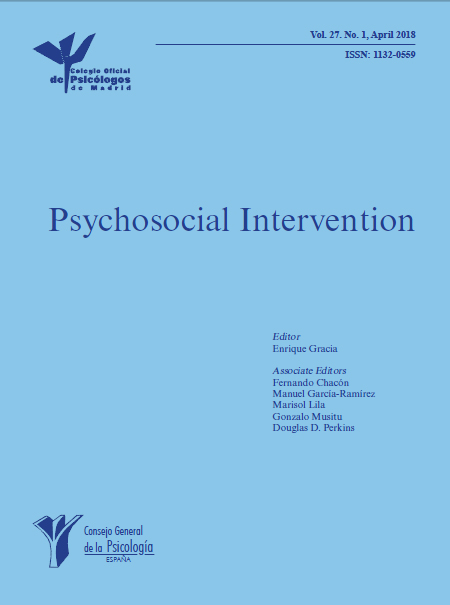
Drug abuse and criminal family records in the criminal history of prisoners
[Drug abuse and criminal family records in the criminal history of prisoners]
Francisco J. Rodríguez; Carolina Bringas; Luis Rodríguez; Javier López-Cepero; Beatriz Pérez; and Cristina Estrada
Abstract
The relationship between criminal behavior and the risk factors, family criminal records and drug use, has been firmly established. With the aim of defining the role of these risk factors in the initiation and evolution of criminal behavior, a field study with prison inmates was designed. A survival analysis with the age at which the first unsanctioned crime was committed and the age at which entered by first instance into prison was applied to the data of 157 prison inmates in Villabona (Asturias, Spain). The results of a survival analysis showed that drug abuse re-offenders initiated in criminal acts at an earlier age (13 years) than the primary offenders (16 years); re-offenders from family criminal records began his/her criminal activity earlier (13 years) than primary ones (16 years); re-offenders with non-criminal family records, initiate in criminal acts at 14 years, whereas primary at 16; the recidivist drug abusers enter by first instance into prison earlier (19 years) than the primary ones; non-drug consuming primary offenders enter prison for the first time at the age of 24 whereas recidivists do so at the age of 19; the first entrance into prison of the recidivist with family criminal records occurs early (19 years), than for the primary offenders (23 years); and the recidivist prisoners of non-family criminal records cross the threshold of the prison by first time youngsters (21 years) than the primary inmates (26 years). The implications of these results may lead towards a more effective intervention against crime.
Resumen
Copyright © 2026. Colegio Oficial de la Psicología de Madrid















